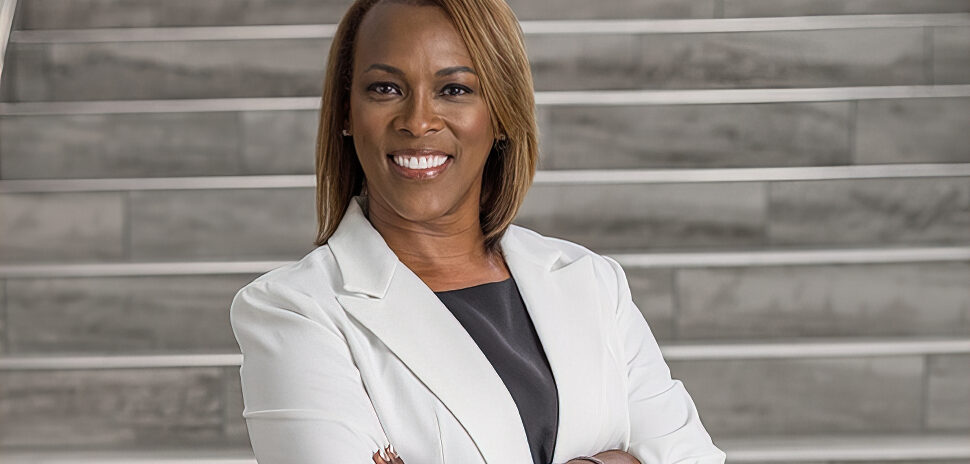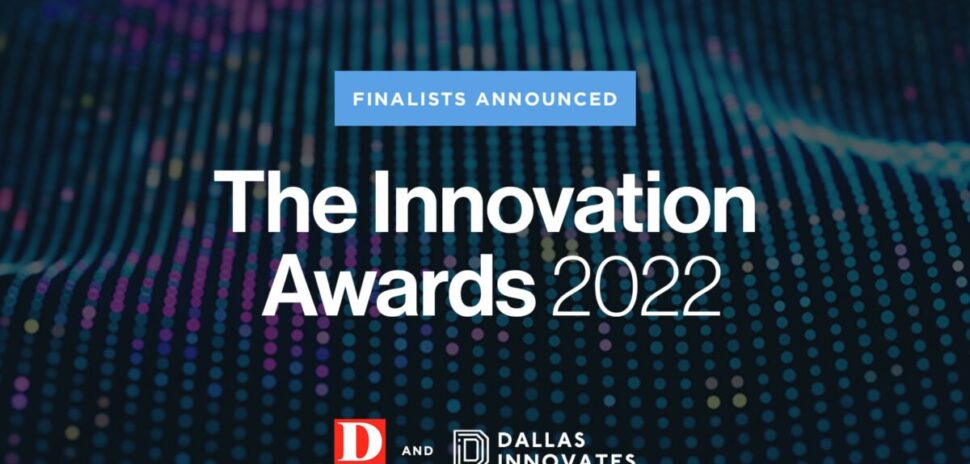What does diversity, equity, and inclusion look like in real life? How can organizations become diverse, inclusive, and equitable, and make it work? How can they make it last?
A three-part virtual workshop—set for Jan. 19, Jan. 26, and Feb. 2—aims to present a blueprint on just that, featuring leaders who have seen successful DEI programs launched, and who will discuss key elements that made them successful.
On Jan. 19, three nationally renowned leaders in diversity will kick off the seminars in a discussion titled “A Holistic DEI Approach in Academia”:
- Dallas ISD Superintendent Michael Hinojosa, who oversees one of the most diverse – both ethnically and financially – school districts in the U.S.
- RaJade M. Berry-James – whose research emphasizes real-world policymaking and evidence-building to support decision-making – will discuss how to hold conversations that allow the disenfranchised to be heard and respected, and how to set and act on priorities that confront racism. Berry-James is a professor and department chair of the North Carolina State School of Public and International Affairs.
- Retired professor Blue Wooldridge, from Virginia Commonwealth University’s L. Douglas Wilder School of Government and Public Affairs. The expertise of Wooldridge – who has authored more than 150 papers, reports and presentations – includes identifying ways to overcome barriers to social equity, and common obstacles to innovations in public organizations, and the implications for public managers of increasingly diverse workforces.

Left to right: Kimberly O’Neil, Dr. Michael Hinojosa, Dr. RaJade M. Berry-James, and Dr. Blue Wooldridge
Other prominent speakers will address the topic “A Holistic DEI Approach in Government” in the Jan. 26 seminar, and “A Holistic DEI Approach in Business/Private Markets” in the Feb. 2 session.
To register for the free event, click here.
Moderating the three, two-hour discussions will be Kimberly O’Neil, CEO of The Giving Blueprint – a company focused on increasing community and business development opportunities through philanthropy, policy and advocacy, and education.
“These workshops are tools for people who want to be enlightened in the Dallas area in ways to tackle diversity, equity and inclusion objectively,” said Matthew Houston, a lecturer of business management at the University of North Texas-Dallas School of Business, and one of the organizers of the DEI webinar series.
Houston said he doesn’t anticipate the speakers to present virtual attendees with a sort of Holy Grail to DEI; rather, the audience should expect to hear an objective, big-picture look at DEI, and to discuss how various strategies can be applied at a local level. And also, if there are some practices being used in Dallas that could be used elsewhere.
Last year, discussions included both Hispanic and Black leaders, and their shared struggles to realize inclusiveness, diversity and equity. Video footage of last year’s event can be viewed on the UNT-Dallas Urban SERCH Institute Facebook page.
Houston said he hopes this year’s event will be just as helpful, in a forum that invites comments and questions from the crowd, as well as keynote speakers.
“Dallas is known for being divisive in race,” Houston said. “With the (second) publishing of ‘The Accommodation‘ (which explores the fire bombings of Black houses to segregate Dallas neighborhoods) … to economic disparity in the city, that’s our calling card,” he said. “I don’t think advocates in these underserved communities can look across at their peers in other cultural pockets that want to do the same thing in their communities. And we want this forum to be that place.”
The seminar series is being sponsored by Dallas College and the University of North Texas at Dallas Urban SERCH Institute.
To register for the free event, click here.


































































